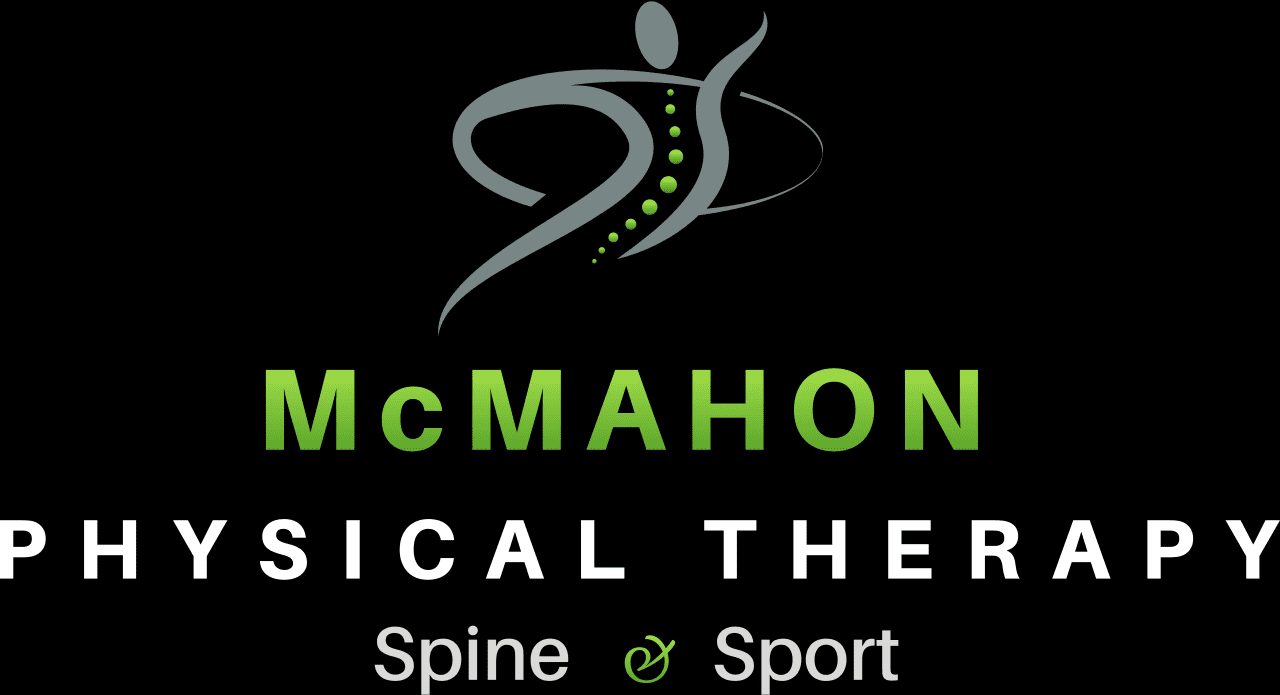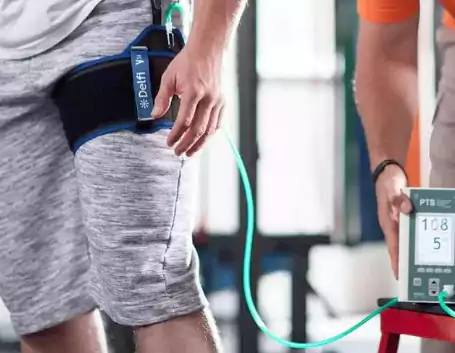Blood Flow Restriction In Atoka
Blood Flow Restriction in Atoka – Achieve More with Less
If old injuries, post-op restrictions, or medical conditions are hindering your strength, muscle, and endurance gains, Blood Flow Restriction (BFR) training at McMahon Physical Therapy may help you achieve fitness goals faster. BFR allows you to build more muscle with lighter loads, making it easier on joints while accelerating rehab and boosting performance by inducing metabolic stress.
An Ideal Environment to Rebuild Strength Safely
Our state-of-the-art center features private rooms for Blood Flow Restriction sessions along with the latest BFR machines to monitor limb oxygenation and restrict blood flow at precise ratios. With real-time feedback and automated cuff inflation features as well as integrated EMR charting to track progress, we offer the safest, most advanced BFR technology available.
By providing a professional yet empowering environment with focused attention on achieving your goals, our patients find new motivation to push progress beyond what they thought possible. Let our Atoka experts help you regain your strongest self.
Who Can Benefit From Blood Flow Restriction in Atoka?
Our BFR programs can benefit:
- Post-op rehabilitation patients with movement restrictions
- Individuals with arthritis or orthopedic conditions limiting exercise ability
- Post-natal women rebuilding core and pelvic floor strength
- Athletic performance coaches seeking improved training efficiency
- Seniors aiming for increased lean muscle mass and bone density
- Physical therapy patients needing accelerated strength-building
- Endurance athletes hoping to boost cardio capacity and VO2 max
Essentially anyone who needs additional muscle stimulus with less joint stress can see progress with BFR.
Custom Blood Flow Restriction in Atoka
We tailor training programs to your unique restrictions and fitness goals:
- Post-operative knee/hip/shoulder recovery
- Rotator cuff repair rehab
- ACL reconstruction therapy
- Athletic performance enhancement
- Cardiovascular rehabilitation
- Sarcopenia prevention
- Geriatric strength gain
Your clinician tracks metrics like pain levels, range of motion, and strength increases to safely progress Blood Flow Restriction protocols.
The Science Behind BFR Results
Placing pressurized bands around the arms or legs during exercise moderately restricts blood flow, creating ischemia. The resulting hypoxic environment triggers a cascade of physiological effects:
- Lactic acid accumulation
- Hastened fatigue
- Localized growth factor release
- Cell swelling
- Anabolic hormonal responses
- Enhanced protein synthesis
By inducing metabolic stress to targeted muscles, the body adapts by strengthening and protecting the areas. This allows strength and endurance benefits with lighter exercise loads.
Benefits of Blood Flow Restriction
Muscle Growth with Less Stress:
Patients gain lean muscle and strength without heavy loads that risk re-injury. Hypertrophy occurs with loads as little as 20-30% of 1 Rep Max!
Expedited Healing:
BFR accelerates post-operative and post-injury healing, restoring strength and function faster so patients regain mobility quickly and safely.
Improved Metabolic Function:
The hypoxic stimuli and metabolite accumulation boost VO2 Max, endurance, growth hormone levels, and more for boosted cardio health.
FAQs about Blood Flow Restriction:
What does Blood Flow Restriction feel like?
You may feel a wrapping, squeezing, or pulsating sensation initially as the cuffs are inflated to the appropriate pressure levels. Most patients report this as gentle tightness that allows limb movement. Once exercises begin with the bands inflated, you will experience more acute burning, swelling, and fatigue specifically in the muscles underlying the bands as venous blood flow is restricted. This heightened fatigue should set in quicker than standard training since localized metabolites accumulate. Any pain or discomfort dissipates after deflating the bands as normal blood circulation is restored, flushing that buildup. Let your therapist know if you feel any sharp, shooting, or clenching pains which could indicate the regions need less restriction. Most patients tolerate BFR exceptionally well and find the sensation much less uncomfortable than pushing through heavy lifting at high intensities by itself.
How does restricting blood flow help stimulate muscle growth with lighter loads?
The primary stimulus BFR relies on is metabolic stress and the cascade response your body mounts from a controlled, hypoxic environment. With blood flow moderately reduced, even light exercises will cause lactic acid, adenosine, and hydrogen ions to accumulate quickly, stimulating group IV afferent neurons which signal the brain. This triggers an array of growth factors and anabolic hormones like IGF-1 which enhance protein synthesis and prompt the area to strengthen and adapt to prevent similar stress going forward. So by inducing a degree of oxygen debt and metabolic disturbance locally with strategic restriction, your innate survival response takes over by augmenting muscular and vascular adaptations beyond what the low mechanical tension alone could achieve. Essentially, your body is tricked into thinking you completed strenuous workouts when in reality, the light external loads have been supplemented internally with heightened fatigue factors to drive growth.
Who should avoid using Blood Flow Restriction training?
While most populations can utilize BFR successfully with appropriate precautions, certain individuals at higher risk of complications should refrain completely. Those with a previous history of deep vein thrombosis (DVT), significant peripheral vascular disease, congestive heart failure, pulmonary edema, chronic kidney issues causing fluid retention, and certain local or systemic cancers/tumors could be at increased danger from altered blood flow or venous stasis mechanisms and should not employ BFR. Pregnant women should also avoid restriction. Our experienced clinicians complete thorough health screening exams prior to implementing BFR protocols to determine candidacy based on relative risk factors and make personalized determinations on safety. Your health is always the top priority.
About The Author
Ken McMahon is a Physical Therapist specializing in physical therapy. With over years of experience in the field, Ken McMahon has dedicated their career to helping patients achieve their maximum physical potential and improve their quality of life. Currently practicing at McMahon Physical Therapy in Atoka, Ken McMahon employs a patient-centered approach, combining cutting-edge techniques and personalized care plans to address a wide range of physical conditions.
Explore Blood Flow Restriction in Atoka With Our Experts
If you have struggled to rebuild muscle strength after injuries, surgeries, or due to chronic conditions limiting your exercise ability, Blood Flow Restriction training may help you overcome plateaus to achieve new fitness levels. Our advanced BFR technologies and integrated assessment tools combined with highly certified clinicians who have guided thousands of patients to success offer you the best environment to see real results faster regardless of your starting point.
Contact McMahon Physical Therapy in Atoka today to schedule a consultation and assessment to determine how Blood Flow Restriction can be tailored to your needs and restrictions in order to help you regain the strong, capable body you deserve. Invest in your health and quality of life by exploring this innovative technology only available from our rehab experts. We eagerly await helping you move and feel your best again!



